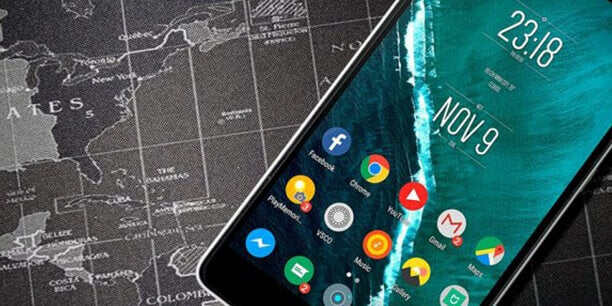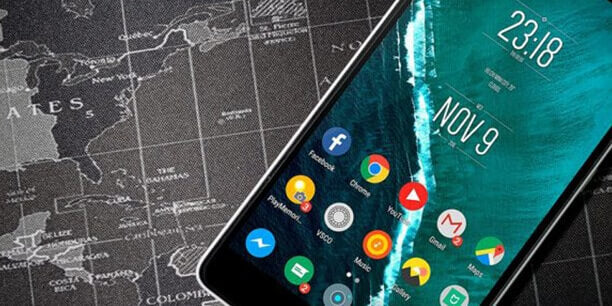Our focus in this article is android privacy since android users are rightfully skeptical about the privacy of their devices. Given that the number of people who use at least one Android device around the world has now been predicted at about 2.5 billion, it is very important that we look at how to ensure that these android users can secure the privacy of any of the devices that they are using.
Android Privacy Issues
If you are an Android user you will notice among other things that your phone or device comes with some apps preinstalled that frequently access the internet often without your knowledge. You are likely to find yourself viewing Ads, news updates and other things you don’t remember setting up.
As these companies claim to want to improve the user’s experience, they also expose the user’s privacy to advertisers and inadvertently to others with less altruistic intentions. Do you take your phone totally off the internet to ensure your data does not get out? This is not likely an option that many users will even consider. Imagine not being able to get on Facebook, Instagram, Twitter or other platforms. So what’s the next best thing to do?
Increasing Your Android Privacy
Let’s quickly look at a few ways through which you can increase the privacy you can enjoy on your Android device using the settings within the platform.
Opt-Out of Ads
This is what allows Google to harvest information about you with which they sell targeted ads to advertisers. Turning this off will not stop you from seeing Ads, it will only mean Google will not be able to collect data about you for advertisers. You will therefore just be getting random ads but some of your data will be safe.
Use a Strong Lock Screen Passcode
This should be something that every owner of a mobile phone or other mobile devices should already know. Use a really strong passcode for your lock screen so that no one will easily access it. Thankfully, with fingerprint unlock, you will not have to type this code in every time.
Review App Permissions
Do you know how that when you try to install some apps, it asks for all sorts of permissions? These permissions give them access to your privacy. You may consider disallowing some of these permissions. Don’t just click yes on every one of them. Some of the apps won’t come up unless you grant them the permissions. For these, when you are done with whatever you need the app for, simply go back and revoke the permissions.
Disable Cloud-Based Backups
Cloud-Based Backups are very handy and easy to use these days, but are their advantages worth considering the huge privacy concerns. Privacy is even more important when it comes to cloud storage of corporate data or the personal data of your customers.
Prevent Password From Being Uploaded to Google
Your passwords are probably the most important weapon for protecting your Privacy on the Internet. Don’t upload them to Google and remember to change them frequently.
Avoid Google’s Built-In Services
Many of the applications from Google come pre-installed on your phone or tablet. Some of them you need to install by yourself. Either way, while siphoning your information on Google’s servers, these services also drain your battery very very fast. Luckily, by uninstalling or disabling some applications and reconfiguring others, users can restrict how much information they share with Google (and how much battery loss they suffer). One of the most effective ways of keeping your data private is just by not using Google’s services like Google Play, Google Maps, and Google Pay.
Conclusion
These are just some of the steps to protect your privacy on your Android device and they may not look like much but they will go a long way in safeguarding the privacy.











